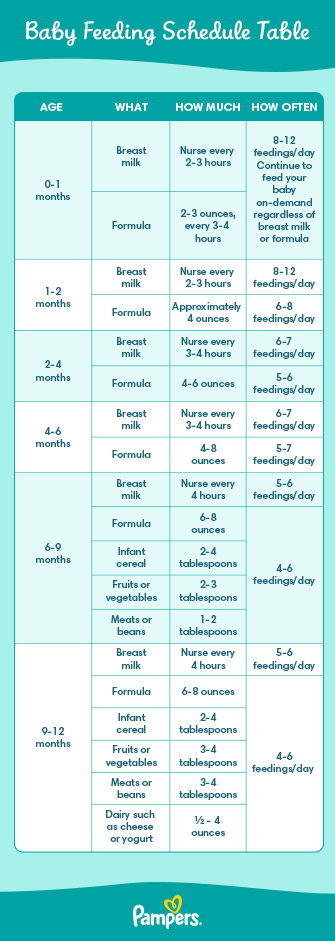Can Allergies Cause Fevers: Exploring the Interplay Between Allergic Reactions and Body Temperature
When it comes to allergies, we often associate them with symptoms like sneezing, a runny nose, and itchy eyes. However, can allergies also cause something more serious, like a fever? In this comprehensive guide, we will delve into the intriguing connection between allergies and fever, exploring the underlying mechanisms, diagnostic challenges, and effective management strategies.
Before we dive into the specifics, let’s first establish a clear understanding of what constitutes a fever. Medically, a fever is defined as an elevated body temperature that exceeds the normal range of 98.6°F (37°C) to 100.4°F (38°C). Fevers can be intermittent (coming and going), remittent (fluctuating between high and low temperatures), or constant (remaining consistently high).
Can Allergies Cause Fevers?

Bruv, if you’re suffering from a fever, it might be down to an allergy, yeah? But hold your horses, not all allergies lead to fevers. Let’s get the lowdown on this.
Allergy Symptoms
First off, allergies can throw all sorts of symptoms your way, like:
- Sneezing like a maniac
- Runny nose like a tap
- Itchy, watery eyes
- Hives or rashes
- Swelling in your face or throat
Allergies and Fevers
Now, about the fever thing. Most allergies won’t give you a fever. But some can, especially if they’re severe. For example:
- Hay fever can sometimes lead to a mild fever
- Food allergies can cause a fever if they’re really bad
- Drug allergies can also trigger a fever
So, if you’re allergic to something and you’re feeling feverish, it’s worth getting checked out by a doctor, just to be on the safe side.
When to Seek Medical Help
If you’re experiencing any of these symptoms along with a fever, don’t hesitate to call your GP:
- Difficulty breathing
- Swelling in your face or throat
- Chest pain
- Confusion
- High fever that doesn’t go away
These could be signs of a serious allergic reaction called anaphylaxis, which needs urgent medical attention.
FAQ Corner
Can all types of allergies cause fever?
No, not all types of allergies cause fever. Allergies that affect the respiratory system, such as hay fever or allergic rhinitis, are more likely to cause fever than allergies that affect the skin or digestive system.
What are some common allergens that can lead to fever?
Common allergens that can trigger allergic reactions and potentially lead to fever include pollen, dust mites, pet dander, and certain foods.
How long does it usually take for a fever caused by allergies to develop?
The onset of a fever caused by allergies can vary depending on the individual and the severity of the allergic reaction. In some cases, a fever may develop within a few hours of exposure to the allergen, while in others, it may take several days.
Can allergies cause a fever without other symptoms?
While less common, it is possible for allergies to cause a fever without other typical allergy symptoms such as sneezing, runny nose, or itchy eyes. This is more likely to occur in individuals with severe allergies or underlying health conditions.
Is it possible to prevent allergies from causing fever?
Preventing allergies from causing fever involves identifying and avoiding triggers, using medications to control allergy symptoms, and implementing environmental control measures to reduce allergen exposure.





